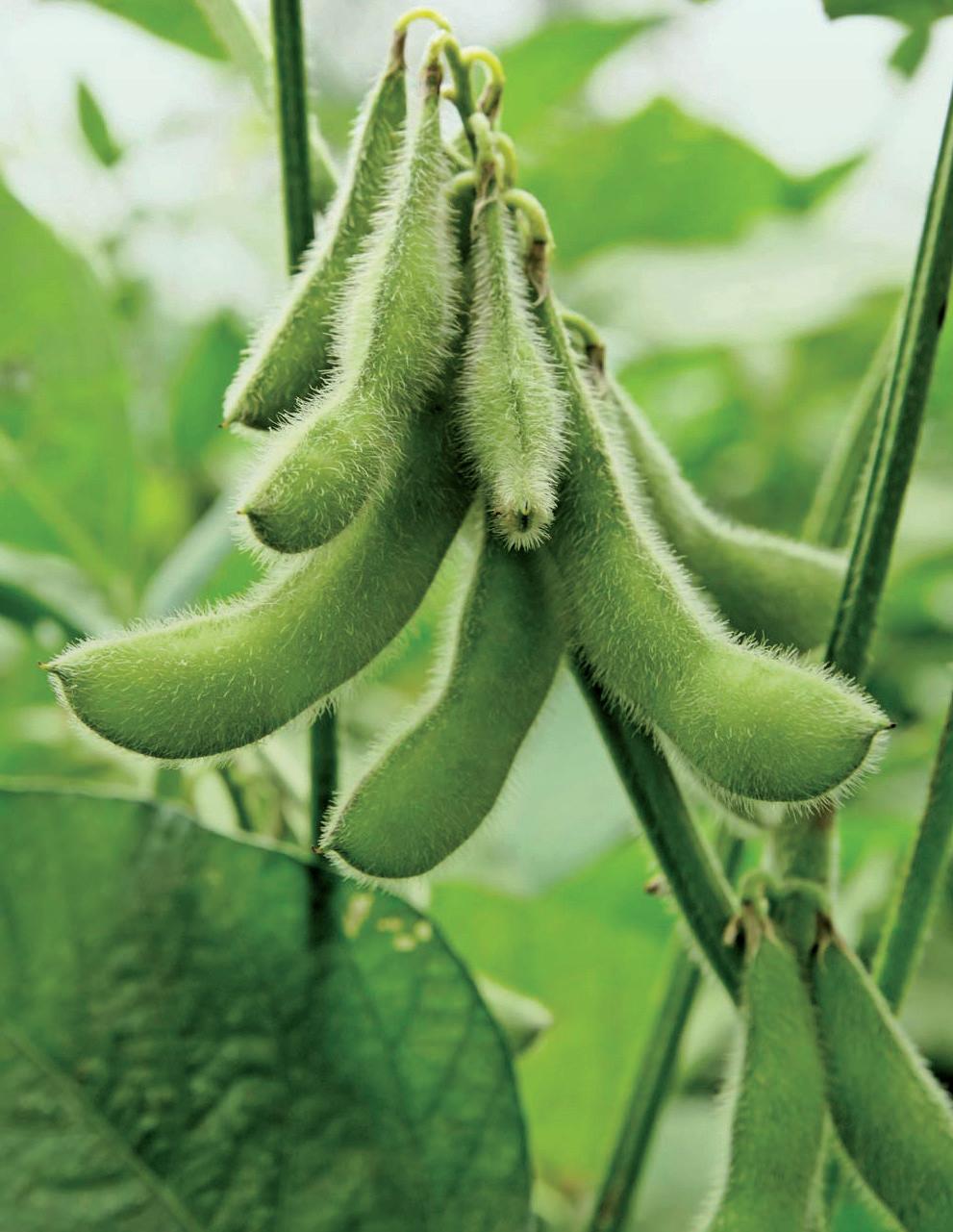INNOVATION TO IMPACT
Educating the Next Generation of African Breeders CHALLENGE: Africa faces a human capacity gap of welltrained plant breeders who are capable of managing field trials and breeding operations for the African soybean seed system. This results in poor productivity on the part of public and private sector breeding programs and seed companies due to a lack of qualified human capital. Training opportunities for African breeders do reside overseas but present two limitations. First, overseas education results in a lack of sustainable capacity building within the local education system in Africa. Second, overseas education leads to a brain drain as graduates often do not return home to practice their profession.
SOLUTION: SIL has partnered with African universities to develop quality MSc and PhD degree programs in Plant Breeding, including: • Curriculum review and assessment • Course and curriculum development • Faculty training to deliver curriculum • Networking Africa’s graduate level educational programs to share resources and best practices
BENIN The University of UGANDA Abomey-Calavi
BENIN UGANDA
West Africa Centre for Crop Improvement (WACCI) faculty, like Dr. Beatrice Ifie, serve as mentors to other AfricanBENIN faculty seeking to develop master’s degree programs in plant breeding.
UGANDA
Makerere University/Makerere ETHIOPIA Regional Centre for Crop Improvement (MaRCCI)
Jimma University in Ethiopia Haramaya University
ETHIOPIA
GHANA
Kwame Nkrumah University of Science and Technology (KNUST)
UGANDA
ETHIOPIA
GHANA
West Africa Centre for Crop Improvement (WACCI), University of Ghana
University of KwaZulu-Natal
SOUTH AFRICA
KEY IMPACTS • African plant breeding instructors now effectively use an open-access MS curriculum from the Plant Breeding E-Learning in Africa (PBEA) platform. SIL, with collaborators at Iowa State University and the West African Centre for Crop Improvement (WACCI), then developed matching Instructor Guides for each PBEA course, using a “flip-it style” classroom. Instead of a classroom lecture followed by homework to reinforce learning, students are assigned “pre-work” prior to attending class to familiarize themselves with the subject matter that will be covered. Classroom time is then devoted to discussion, practice, and application of the concepts.
ETHIOPIA
GHANA
• Local capacity has been developed where WACCI faculty can now serve as mentors to other African faculty seeking to develop or enhance graduate programs in plant breeding. GHANA
• African soybean breeders and junior faculty in plant breeding now attend local professional development and continuing education platforms like the UC-Davis African Plant Breeding Academy (AfPBA), an intensive 6-week review of genetic concepts and principles, experimental design and statistical data analysis led by world-class experts in these areas.
• WACCI, with SIL support, facilitated planning and launch of the African Plant Breeder Association, which serves as a powerful institution supporting the emergent soybean plant breeder network.
11





















